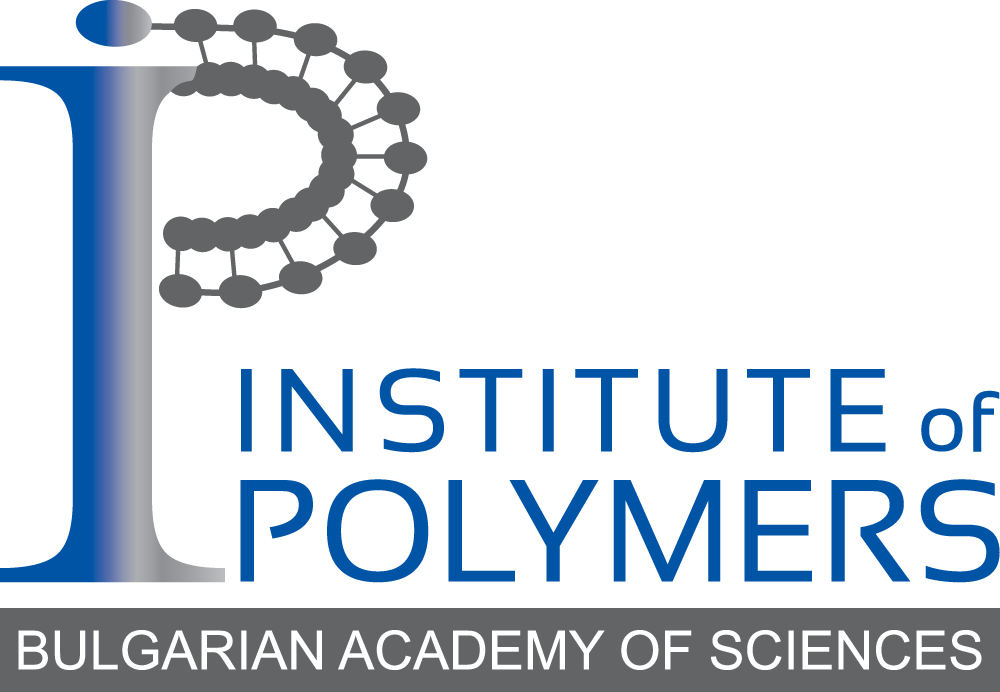Project КП-06-Н69/3/08.12.22.
Coordinator: Prof. DSc Eng. Margarita Popova
IP-BAS team leader: Assoc. Prof. Violeta Mitova, PhD
Base organization:
Institute of Organic Chemistry with Centre of Phytochemistry – Bulgarian Academy of Sciences
Partner organizations:
Institute of Polymers – Bulgarian Academy of Sciences and Technical University – Sofia
Start: 08.12.2022
Duration: 36 months
Abstract:
Environmental protection and climate change management set big challenges for the development of efficient low-carbon and waste-free energy technologies, while imposing the principles of circular economy in key industrial productions. A leading concept in the green transition and achieving carbon neutrality is the implementation of technologies for capturing and utilization of carbon emissions through their conversion into synthetic fuels, as well as obtaining fuels or precursors for their production via chemical transformation of waste biomass. Reducing the energy intensity of these processes to achieve economic and technological expediency, as well as ensuring a high degree of conversion of the raw material to fuels, requires the application of catalysts. A new and promising approach to obtaining economically beneficial catalysts while preserving natural resources is through the utilization of suitable industrial waste. A challenge facing the development of modern industrially relevant catalytic systems is the optimal combination of efficiency and cost which is related to controlling the structure of heterogeneous catalysts on a macro scale, by applying 3D printing technology, and on a nano scale – by using micro-mesoporous silicates and aluminosilicates supports with a fine dispersion of active catalytic centers of metal and metal oxide nanoparticles. 3D printing allows for controlling the morphology of active materials, thus leading to increased catalytic activity in complex 3D structures. The possibility to vary and control both the surface parameters of 3D printed catalytic structures and the type, concentration, and distribution of readily accessible catalytic sites additionally allows investigation of the effects of fine-tuning in morphology on the fluid dynamics of reaction systems and on catalytic conversion efficiency.
The aim of the project is to use the advantages of modern additive technologies in the development of 3D printed catalysts with active components included, using waste silicate- and aluminosilicate-containing materials from industrial production and thermal power plants. The chemical design, macro- and nanostructuring of catalysts are aimed at achieving efficiency, selectivity and low energy consumption of the processes for obtaining synthetic fuels and valuable chemicals from renewable sources, as well as at the utilization of carbon emissions. Part of the research will be focused on the utilization of industrial and agricultural waste to obtain zeolites and mesoporous silicates with a high specific surface area and an ordered mesoporous structure, which will be further modified with finely dispersed metal particles and 3D printed using appropriate technology. The resulting 3D printed materials will be used as efficient catalysts for the hydrogenation of levulinic acid obtained as an intermediate in the processing of waste biomass and for the hydrogenation of CO2 as one of the main greenhouse gases causing serious environmental problems. Through research on the catalytic processes, fundamental knowledge will be generated, necessary for the development of technologies for the production of valuable chemicals and synthetic fuels based entirely on the principles of the circular economy. The results of the project implementation are expected to be a fundamental basis for the development of sustainable solutions to several environmental problems that are related to the disposal of waste from industrial productions and the development of economically profitable and sustainable solutions for obtaining synthetic fuels and valuable chemicals through the utilization of carbon emissions and renewable lignocellulose under the circumstances of an escalating deficit of energy resources. Cost-effective and efficient 3D-printed catalysts will be developed with waste recovery and minimal input of raw materials for key catalytic-based processes to achieve a carbon-neutral economy and energy production. The implementation of the project includes interdisciplinary investigations and will contribute to the creation of a new scientific field in the obtaining and application of nanosized catalysts through the use of 3D printing techniques. In addition, the work on the project will reveal perspectives for the expanding of cooperation, both between the teams in the project, and with foreign research laboratories and will help the scientific growth of the young researchers. In addition to the dissemination of the project results to the scientific and professional community, their presenting of the project results in an approachable language at outreach events will contribute to their wide popularization among society.



